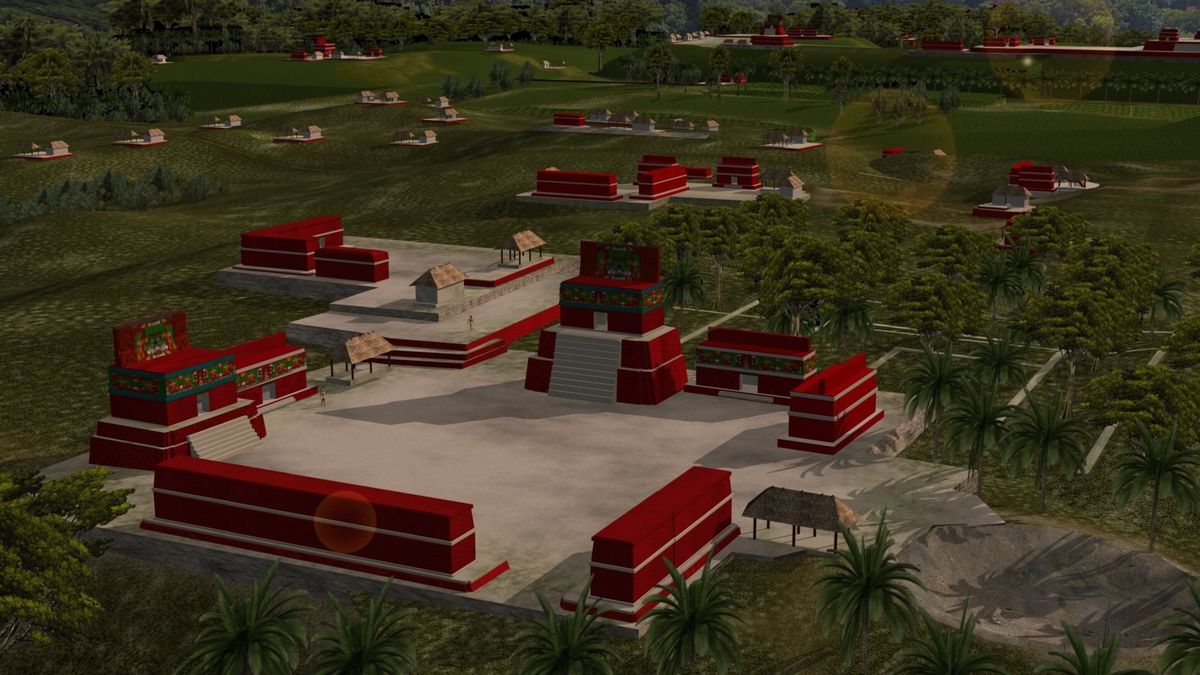Now Reading: Racial and Ethnic Identities Often Diverge from Genetic Ancestry
-
01
Racial and Ethnic Identities Often Diverge from Genetic Ancestry
Racial and Ethnic Identities Often Diverge from Genetic Ancestry

Quick Summary
- A new study in teh U.S. reveals that people’s self-reported racial and ethnic identities frequently enough do not align with their genetic ancestry.
- The research analyzed DNA from over 230,000 contributors to the NIH’s All of Us research database, aimed at advancing precision medicine for diverse populations.
- Key findings include:
– Most genetic variations exist within groups rather than between them, challenging racial and ethnic categories as reliable proxies for ancestry.
– Genetic gradients span across race and ethnicity lines instead of forming distinct clusters.- Geographic trends reveal variations based on past events like colonization and migrations (e.g.,Native American ancestry prevalent among Hispanic/Latino populations in U.S.-Mexico border states; African ancestry higher in New York Latino communities due to Caribbean migration).
- Researchers recommend refraining from using race/ethnicity as proxies for genetic studies but recognize their utility in social research contexts.
- Concerns were raised about skewed regional results due to variations in participant numbers and high population mobility.
Indian Opinion Analysis
The study’s findings hold relevance beyond U.S. borders, including India, where diversity is similarly extensive yet historically shaped by migration, colonization, caste structures, and regional identities. For Indian medical sciences exploring precision medicine solutions tailored to specific communities or ancestral backgrounds, this research acts as a cautionary tale against oversimplifying complex human genetics through cultural labels.
In India’s context-where caste identity is also deeply engrained alongside ethnicity-the interplay between social constructs and biological data must be examined carefully when designing public health interventions or genomic studies. Institutionalizing frameworks that account for diversity without reducing people into rigid categories will be essential as India advances its biotechnological capabilities.
read more: Live Science

























